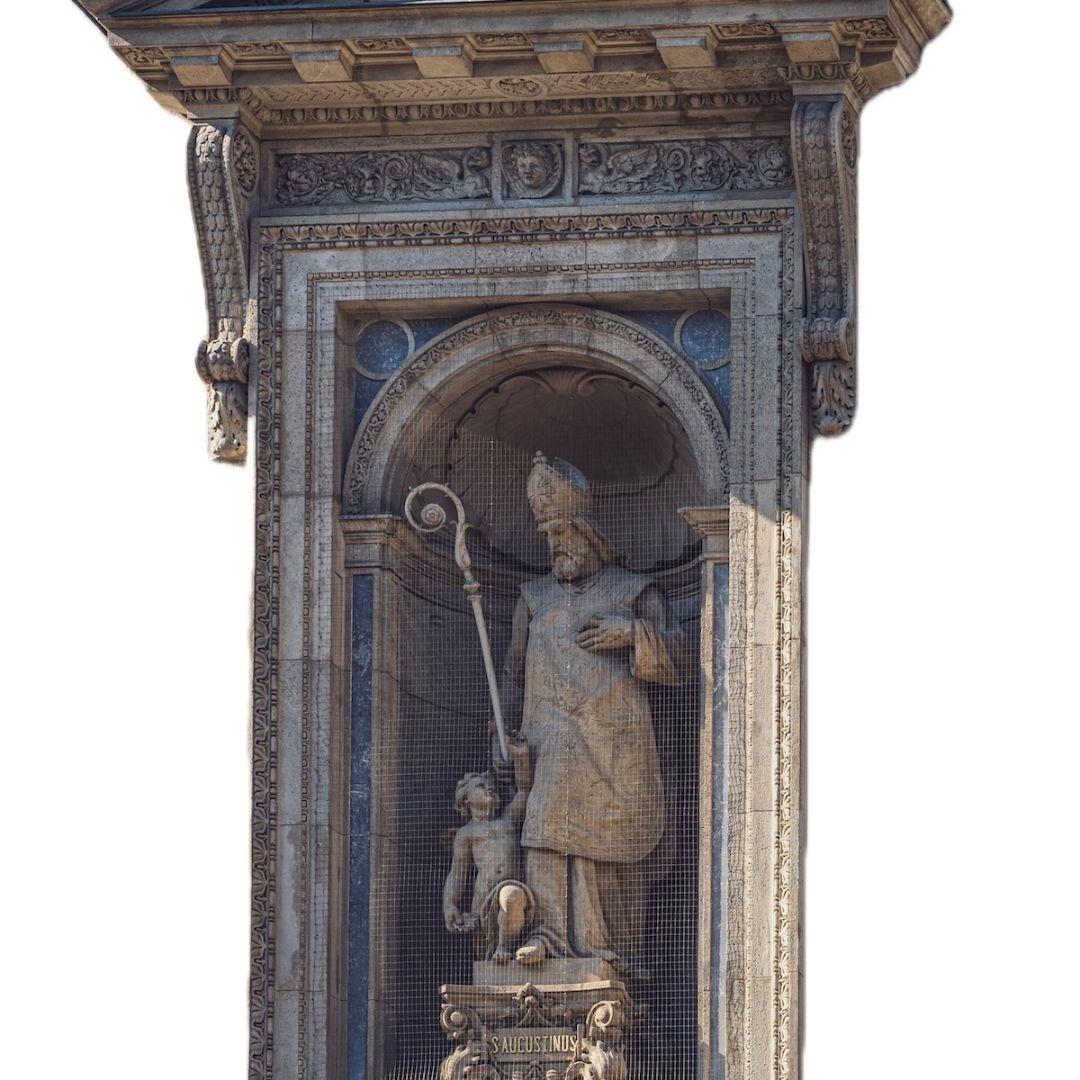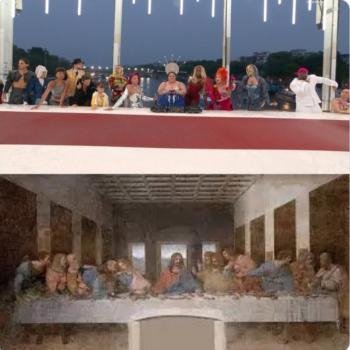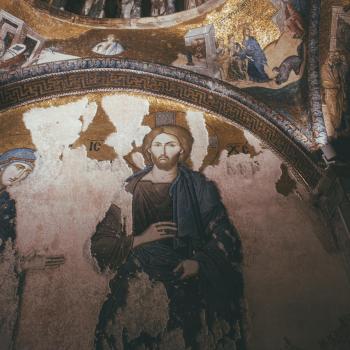Jesus was a master of taking the most mundane human experiences and using them to teach about what is most vital to salvation. How often do we think of eating? Many of us are theoretically in the habit of eating three times a day. But perhaps we snack in between. I was able to accompany a group of young adult pilgrims on the totally awesome, incredible National Eucharistic Congress in Indianapolis. One day, some of them asked in our Whatsapp chat about dinner, at 1 PM. I felt it was a little early to be worrying about that, so I merely responded with a reference to a Bible verse: Philippians 3:19.
Fasting
For most of the young adults, my message was cryptic at best. Those who read it understood that I was making a reference to St. Paul’s criticism of hedonists whose god is their belly. If we’re honest, though, we all think about food more often than we would care to admit. Food is something basic to our human existence. We know that without food, we are not long for this world. At the same time, most of us have some unhealthy attachment to food. Perhaps we look to food for emotional comfort or avoid it because of anxiety. Whatever it is, food is important, and Jesus knows this. He takes us from the mundane experience of hunger to the sublime satisfaction of receiving him.
A Message at Two Levels
When we are reading John 6, it is important to remember that in the Bread of Life Discourse, Jesus is speaking on two levels. They are hungry and he speaks about food. It is a great device to make sure he gets their attention. He is worried about their physical strength but much more concerned about their spiritual health. He wants to help them get to Heaven. The Eucharist is not merely a symbol, but truly the Body and Blood of Christ, St. Augustine reminds us:
That bread which you can see on the altar, sanctified by the word of God, is the body of Christ. That cup, or rather what the cup contains, sanctified by the word of God, is the blood of Christ. It is by means of these things that the Lord Christ wished to present us with his body and blood, which he shed for our sake and for the forgiveness of sins” (St. Augustine, Sermon 227).

Amazement
When people gather around Jesus, something amazing happens necessarily. I saw it at the National Eucharistic Congress. We were 30, 40, 50, even 60 thousand Catholics gathered around Jesus, and amazing things happened. We came together to be fed by the Word and by the Eucharist. The 5,000 of the Gospel story came to hear Jesus preach but ended up going home with full bellies because of the miracle of the multiplication of the loaves and fishes. Throughout the Bread of Life discourse, we can see Jesus speaking at two levels. He wants to share with them the Word and prepare them to receive his body.
Confession
At the Congress, many Catholics recognized their need for confession. Priests were waiting, and the line of people seeking confession was long indeed. I ran into one Carmelite sister I know from Alhambra, California. She commented that her superior had corrected her when she said she was “helping with confessions.” She was helping to organize the confessions line, but only a priest can hear confessions.
No Repentance, No Revival
It makes sense that the sacrament of confession was present at the Eucharistic Revival. Without repentance, there is no revival. The Eucharistic Revival gives us real insight into what is necessary to live as a Catholic in the 21st century. We need frequent communion. If we can, we should go to Mass daily. St. Peter Julian Eymard, a French priest of the 19thcentury, was a great promoter of Eucharistic devotion. He encouraged people to receive communion frequently in an age where this was uncommon. He reminded them that the people of Israel ate manna in the desert, and we are gifted the Bread from Heaven, the Eucharist.
Small Groups Anchor Us
To make sure our souls are prepared, we go often to confession, at least once a month. If it has been a while, go back. The priest will welcome you. So often, people come to confession nervous that the priest will scold them. The priest is happy that you come. Finally, we get involved in small groups so that we have a community that challenges, fosters, and anchors us.
Our small groups help us to take the message of Christianity and bring it out to the world. What seems mundane becomes relevant when we discuss it with others. When we come together, we become a reflection of the People of God mentioned in the Dogmatic Constitution of the Church, Lumen Gentium: the “messianic people, although it does not actually include all men, and at times may look like a small flock, is nonetheless a lasting and sure seed of unity, hope and salvation for the whole human race” (Lumen Gentium, 9). Our experience in small groups helps us experience our reality as the People of God. Our small groups will bear fruit to the extent that we go out. We can help the poor, or teach catechesis, or evangelize. The possibilities are infinite. What is necessary is that we begin today.
Subscribe to the newsletter to never miss an article.


















